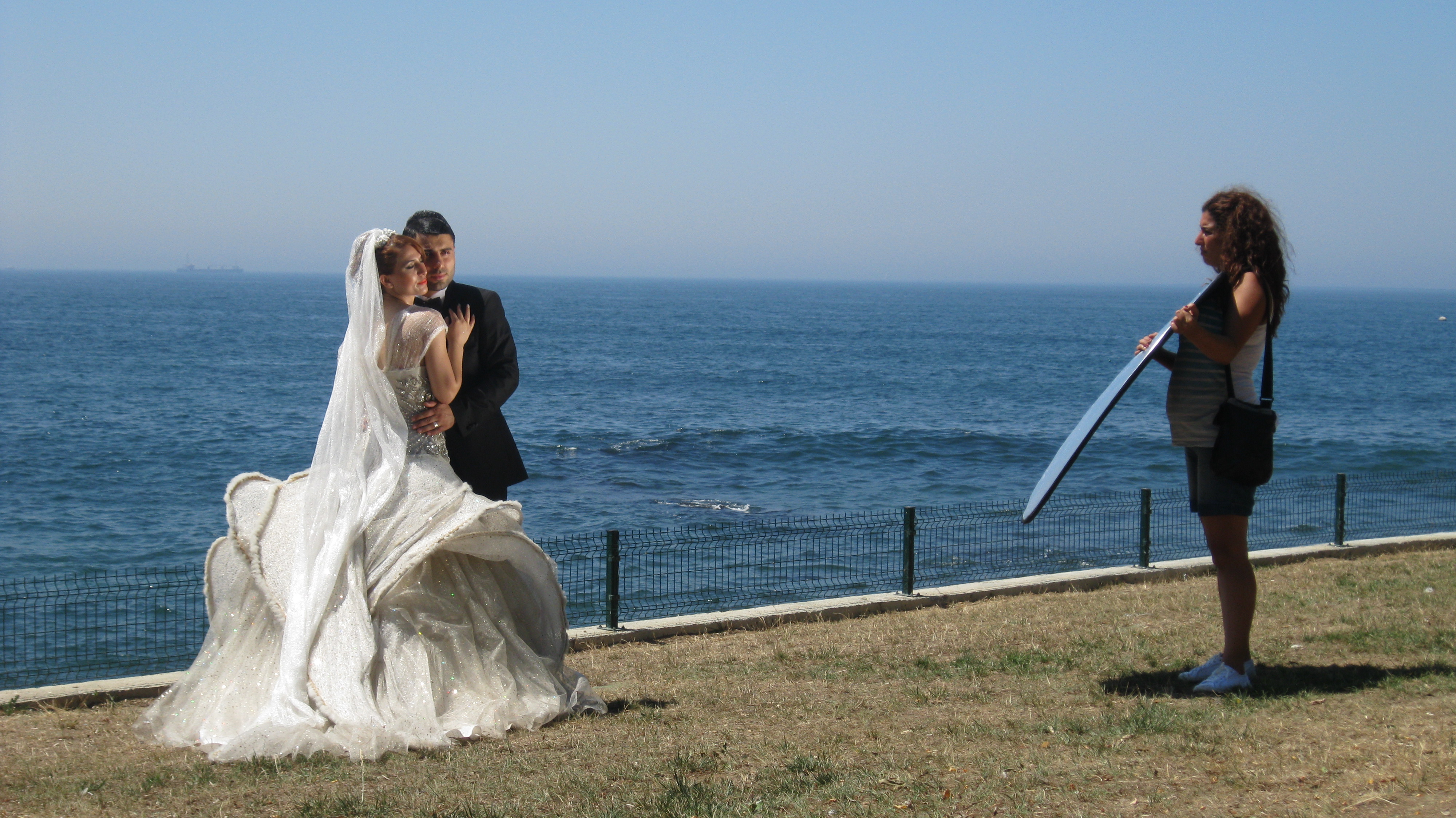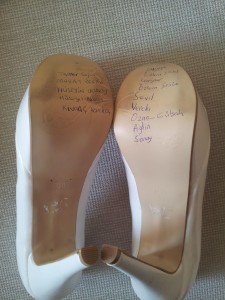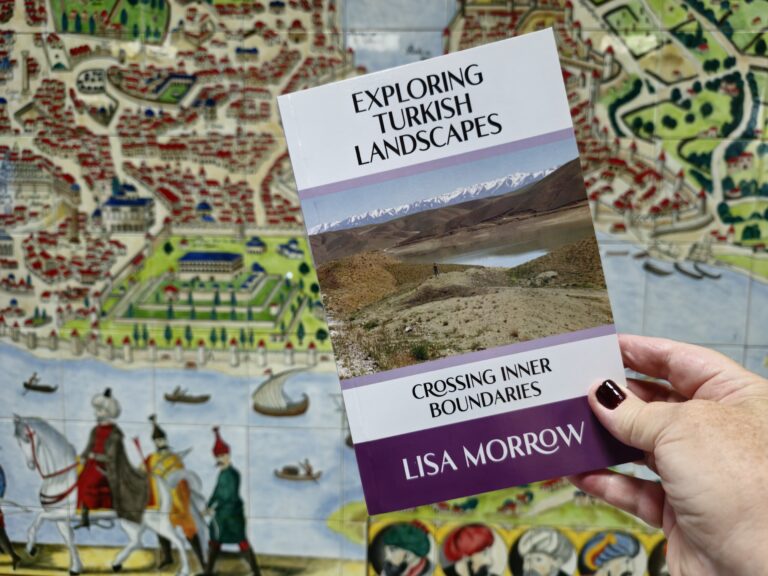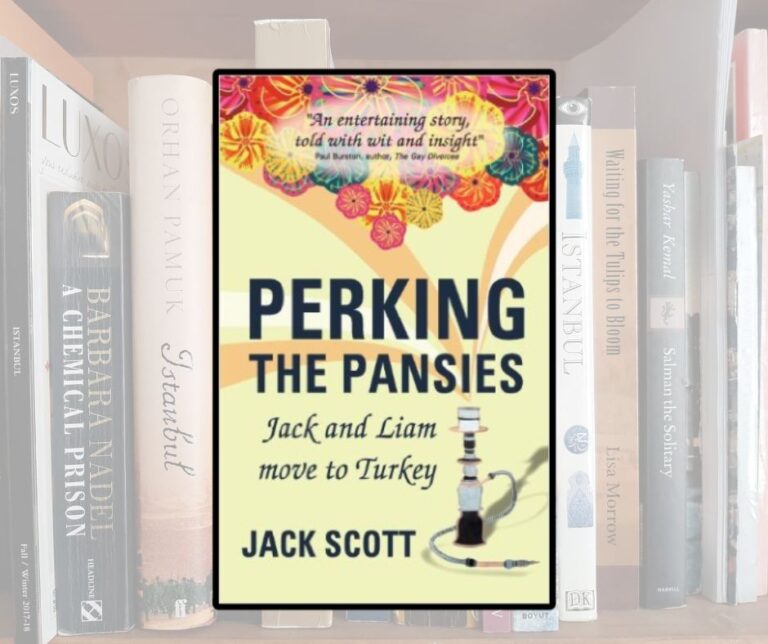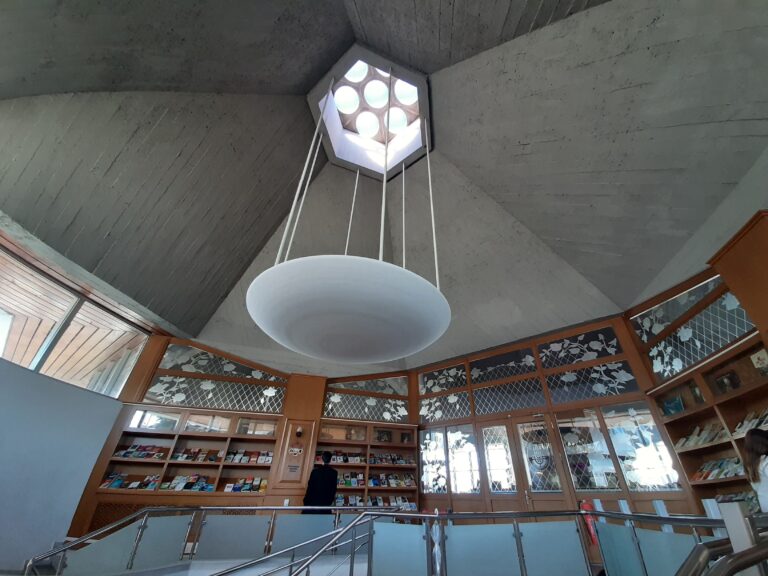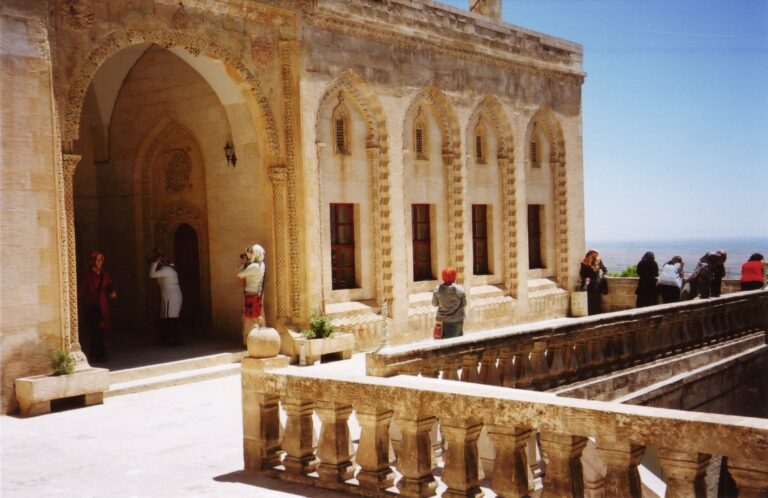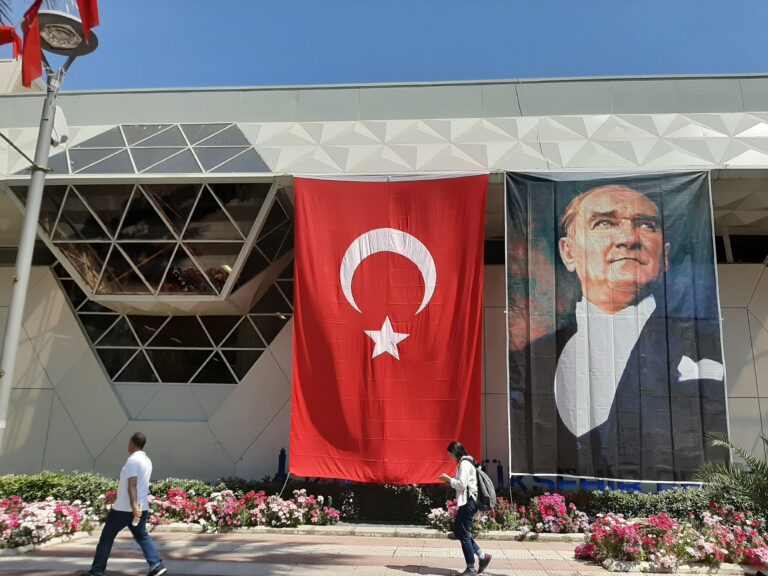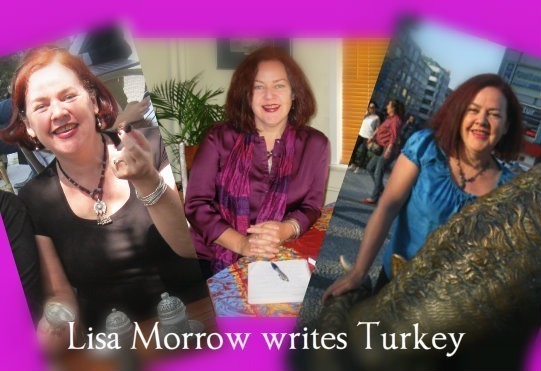Enjoying Turkish Weddings
Unlike popular stereotypes about women, I am not a great fan of shopping. True, I will go to great lengths to track down the perfect shoe or boot, but when it comes to other items of apparel, I am far less interested. Particularly when it comes to buying an outfit for a special occasion. It’s like finding a taxi. They’re always there when you don’t want one, but nowhere to be seen when you’re standing in the pouring rain, desperate to sit somewhere dry and save your new shoes from complete ruin.
When I received an invitation to a friend’s Turkish wedding I was more than happy to accept. After all, this was my friend getting married and I was very pleased for her. Then it struck me that a wedding meant a new outfit, preferably a dress, which meant shopping for a special occasion. Not a happy prospect.
Nonetheless, I set off early on a Saturday, armed with a long list of errands, including the purchase of the dress. In the past when I’d been in the same situation I’d buy all the other things first so that when I failed to find the one thing I really had to have, the day wouldn’t be a total loss and I wouldn’t feel such a failure.
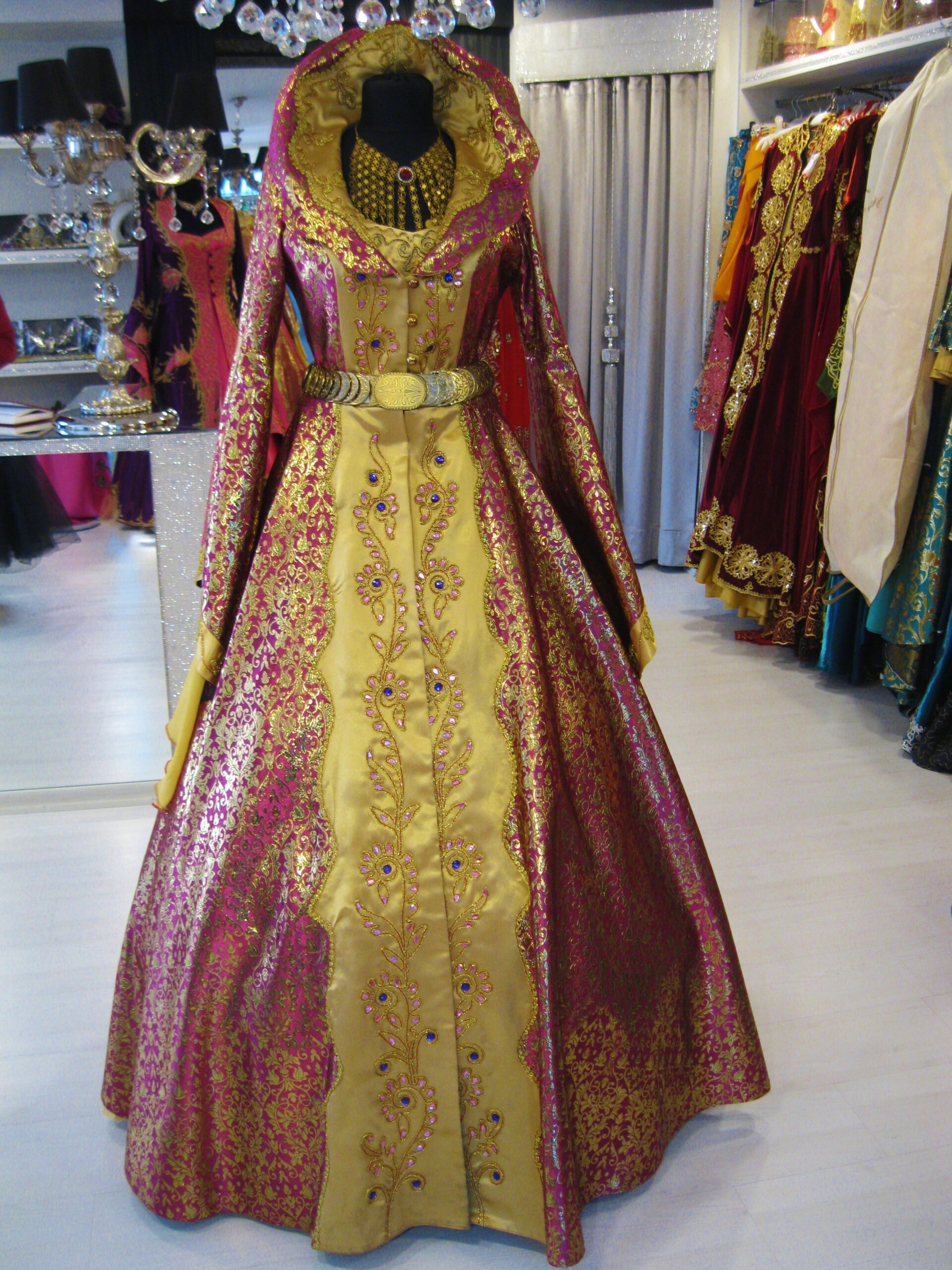
This time I decided to approach the mission differently and planned to look for a dress first. Knowing where to look was the easy part because when it comes to Turkish weddings, Kadıköy, my local shopping area, has two important streets concerning all things matrimonial. Both lead off an intersection of six streets officially called AltıYol, more commonly known as boğa, or the bull, due to a statue of one situated there.
The statue was made in Paris in 1864 by Isodore-Jules Bonheur and was taken to Germany during the Occupation in WWI. It was then given to Enver Pasha as a present by the Germans in 1917. It was placed in various locations around Istanbul until it came to rest in Kadıköy in 1969. Despite recent attempts by the Ministry of Museums to rehouse it in the gardens of Beylerbeyi Palace it remains a popular meeting point and well-known landmark for locals and foreigners alike.
Finding the perfect dress for Turkish weddings
As my bus crawled up the street towards the bull I had ample opportunity to admire the latest tastes in wedding dresses. Everyone knows where to go after the question has been popped, and it isn’t even necessary to know the official name of the street. In Turkey it’s common to find shops selling the same type of items side-by-side in the same road. so if you say you are looking for wedding dress street even the most confirmed of bachelor’s could direct you there.
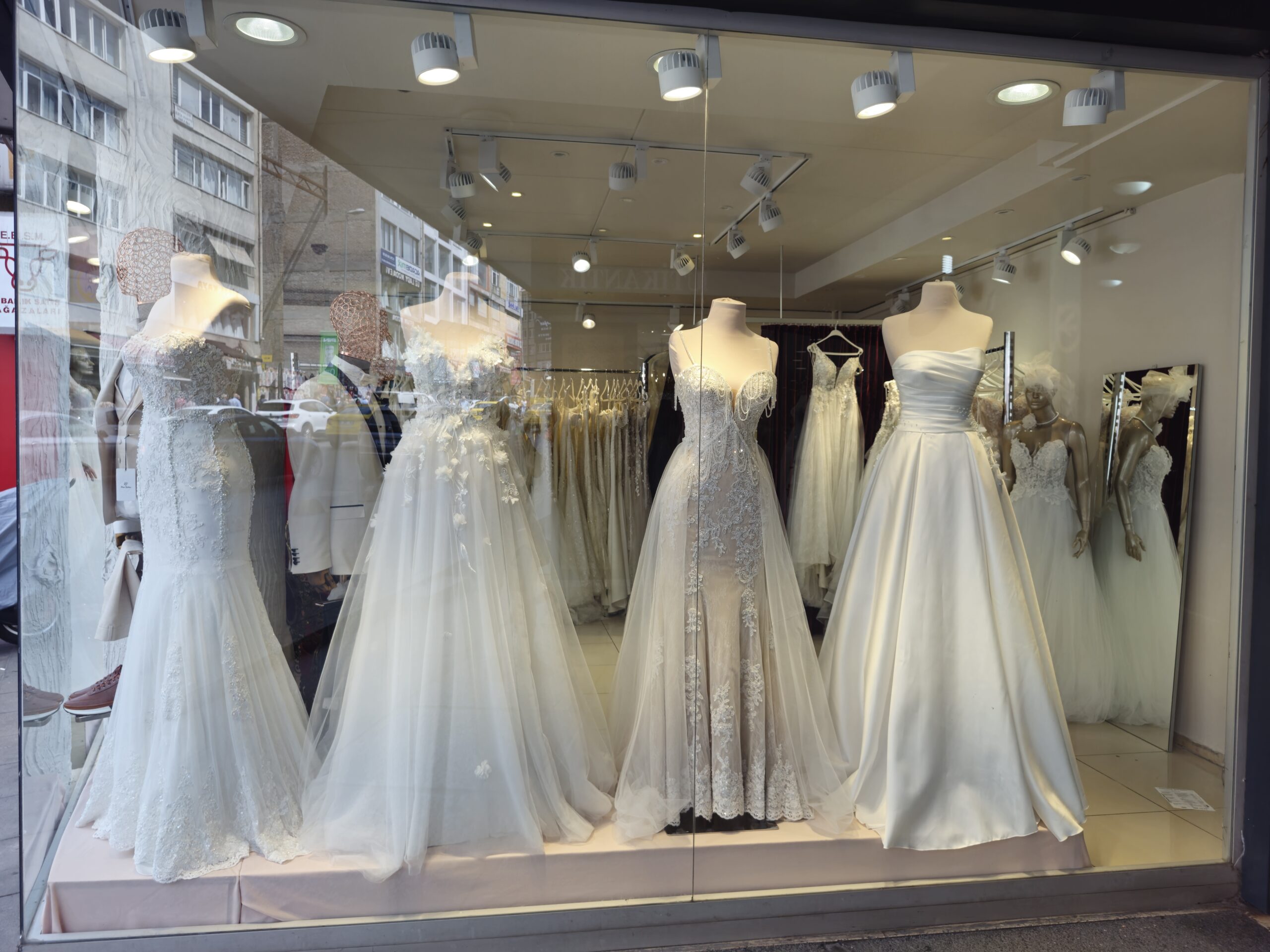
To my inexperienced eye this year’s wedding dresses seem to err slightly on the side of drag queen overkill with multiple flounces of lace, diamante and ecru silk appliqué. When I spy mannequins sporting tinsel wigs over rainbow electric coloured bridesmaids dresses scenes from Priscilla Queen of the Dessert come to mind. Nonetheless the shops are heaving with people so maybe I am being a bit critical.
Once we reach the bull I hop off the bus and head down the road leading away from the sea. Here is abiye street, a street full of shops dedicated to evening wear. Unlike my own country where superstition rules that guests at a wedding should never wear black, in Turkey there is no such restriction. In fact it is quite acceptable to do so, if a tad boring in the opinion of my more fashionable Turkish girlfriends.
I am quite pleased with this fact because I find the Turkish trend towards colour, a lot of it, matching, clashing, and overlaid with sequins and other forms of decorations rather overwhelming. One colour is enough for me, but from what I’ve seen in the past, finding evening wear that isn’t neon and drenched in diamentes could be quite a challenge.
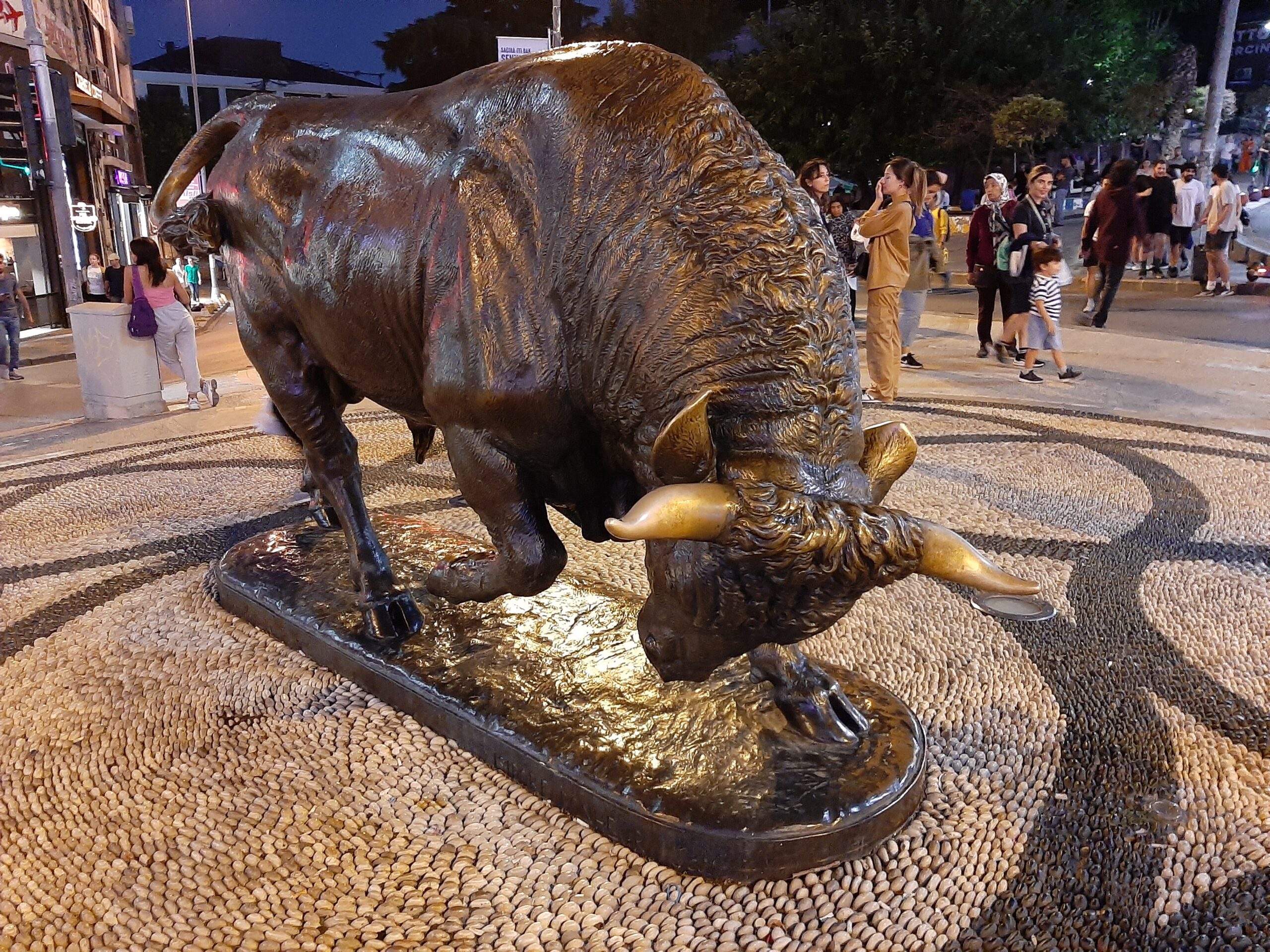
Prepared for defeat but hoping for success I march confidently into the first shop at the top of the street. I am immediately surrounded by floor length strapless gowns whose garish colours positively glow despite being shrouded in plastic. The colours are quite blinding and I am momentarily stunned and unable to respond when approached by a saleswoman. After she welcomes me a second time I manage to respond with the obligatory words “Hoş geldiniz”. I then launch into my well rehearsed speech.
“Hello”, I say in Turkish. “I am foreign, and I have been invited to a Turkish wedding. I want to buy a dress to wear. I am short so I do not want a long dress.” Looking at the dresses on offer I add, “I don’t like gold, I like silver. I don’t want anything too fussy.”
The woman, with the help of another colleague who has emerged from the forest of plastic, begins to methodically move around the shop and pulls out several dresses. These are brought to me for approval and I quickly knock back a mottled olive green lace tube dress with elbow length sleeves designed to cover all faults. I decide it wouldn’t be politic at this point to say that I don’t particularly want a mother-of-the-bride dress that makes me look like a short refrigerator with legs.
I tentatively agree to try on a fuscia satin number adorned with a very small amount of gold beading around the neck, and a shapeless black jersey crepe tube with a fall of tulle down the front. I can see it has potential, possibly as a curtain in a funeral home, but I’m not sure how it will work as a dress. Nonetheless I promised myself I would try on anything remotely suitable and go outside my admittedly limited dress comfort zone to see if just this once, I can go home with more than dashed hopes.
Inside the changing room I’m instructed to strip down to my underwear. As soon as I give the signal the two women crowd into the cabin with me, lift my hands above my head and slither the satin dress onto my body. One holds me steady while the other fits my feet into staggeringly high heeled strapless mules and then we all make our way into the centre of the shop.
Once in front of the mirror I can see that the dress is sexily fabulous. Even with the gold beading. However it is very tight, which I mention to the sales women. Yes they say, but “maalesef”, unfortunately, they don’t have a bigger size. They enthusiastically repeat that it really suits me, which it does. When I suggest I could only wear it to the wedding if I don’t eat, and they laughingly agree. They laugh again when I say I could only wear it to the wedding if I don’t sit down.
When I add that I don’t think I will even be able to breathe very well in it they nod wryly and say “Maalesef, we have no other.”
Surprisingly this doesn’t make me despondent as it usually would. Like many women I’m not always confident about my body. How I feel about it depends on how I feel in general, and on low days I only see the things I don’t like. This is often exacerbated by living in Turkey where the average woman is quite small with narrow shoulders and no hips. I’m the opposite with the broad shoulders of many Australian women and hips that would have suited Marilyn Monroe. It can be hard to find clothes I like that fit me well.
However in abiye styles sexiness is exploited and having curves a plus. It’s a pleasure to try things on, especially as I’m helped by the labour saving device of a personal dresser. There’s nothing worse than the exhaustion of trying on and then repeatedly rejecting outfits and finally going home empty handed. I happily tap my way back into the changing room. Holding my arms up over my head again the fuscia dress is removed and in seconds the black tube dress is smoothly rolled down over my body.
I look down and wonder at the drape of crepe sheathing what appears to be a standard little black dress. My biggest fear is looking frumpy and I’m worried that’s the only effect the drapery is going to have. I follow the shop assistant back out into the main salon again and turn slowly until I face the mirror. When I dare to look I immediately laugh with joy. This is the dress. The sleeveless black jersey shows off the things I love and the drape hides the parts I don’t. I feel strong and confident and sexy.
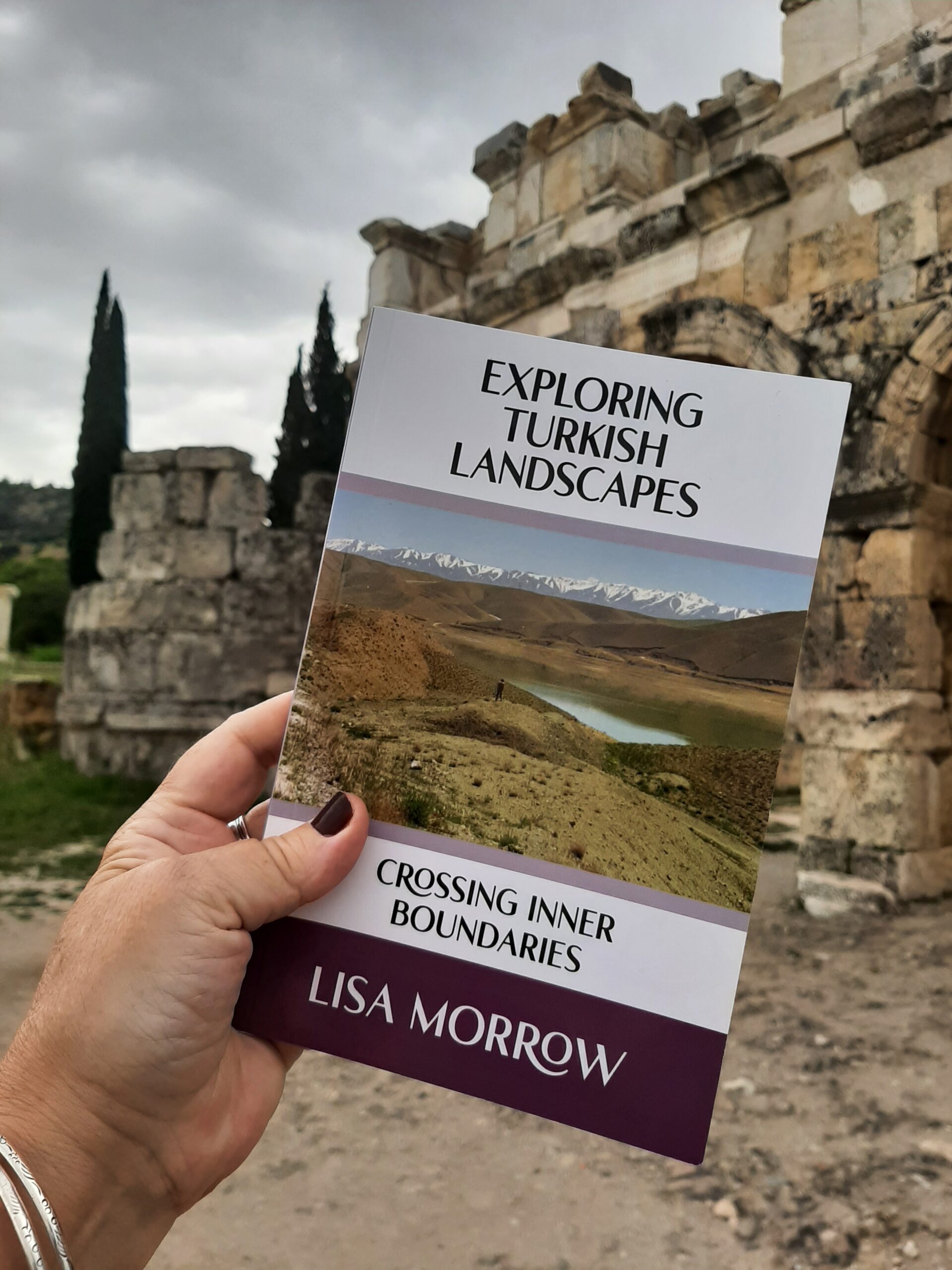
When I go to the wedding and it’s time to dance I’m the first on the floor and the last to leave. My oriental dance classes pay off and I launch myself into learning the damat with gusto and move with abandon, clad in a dress that makes me feel wonderful.
This is an excerpt from ‘Shopping for Confidence’ available to read in full in Exploring Turkish Landscapes: Crossing Inner Boundaries.
